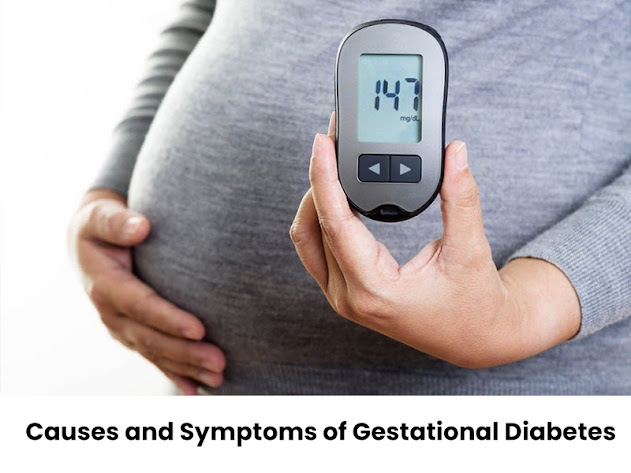Ovarian cyst: Causes, symptoms, and treatment
Ovarian cysts refer to fluid-filled sacs that develop within or on the ovaries. While most ovarian cysts are harmless and often resolve on their own without any intervention, some cysts can cause discomfort. Understanding the causes, symptoms, and treatment of ovarian cysts is essential for proper management and timely medical intervention. Below, the best gynecologist in South Kolkata discusses them in detail.
Causes of Ovarian Cyst:
According to a gynecologist in south kolkata, ovarian cysts can occur due to various reasons, including:
- Hormonal Imbalances: Imbalances in hormone levels, particularly estrogen, and progesterone, can contribute to the development of cysts. For example, an imbalance during the menstrual cycle can prevent the release of an egg and lead to the formation of a follicular cyst.
- Endometriosis: Endometriosis, a condition in which tissue similar to the uterus lining grows outside, can cause the formation of ovarian cysts called endometriomas.
- Polycystic Ovary Syndrome (PCOS): PCOS is characterized by multiple small cysts on the ovaries. These cysts are a result of hormonal imbalance.
Symptoms Ovarian Cyst:
Many ovarian cysts are asymptomatic and go unnoticed. However, larger cysts or those causing complications can lead to the following symptoms:
- Pelvic Pain: Dull or sharp pain in the lower abdomen or pelvic region is a common symptom. The pain may be intermittent or persistent.
- Bloating and Fullness: Some women with ovarian cysts may experience bloating and a feeling of fullness due to the presence of the cyst pressing on nearby organs.
- Irregular Menstrual Cycles: Cysts can disrupt the normal hormonal balance, leading to irregular or unpredictable menstrual cycles.
- Urinary or Bowel Issues: In rare cases, larger cysts can put pressure on the bladder or rectum, causing frequent urination or difficulty with bowel movements.
Treatments
The following treatment options may be considered for ovarian cysts.
- Medications: Hormonal contraceptives, like birth control pills, might be prescribed to regulate hormone levels and prevent the formation of new cysts. These medications can also help shrink existing cysts.
- Surgery: If the cyst is large, causing severe symptoms, or is suspected to be cancerous, surgical intervention may be necessary. The surgical approach can vary from minimally invasive laparoscopic surgery to open surgery, depending on the size and characteristics of the cyst.
- Pain Management: Over-the-counter pain relievers may be recommended to alleviate discomfort associated with ovarian cysts.
The best gynecologist in South Kolkata can help you navigate the challenges of ovarian cysts with confidence and maintain optimal reproductive health.



Comments
Post a Comment